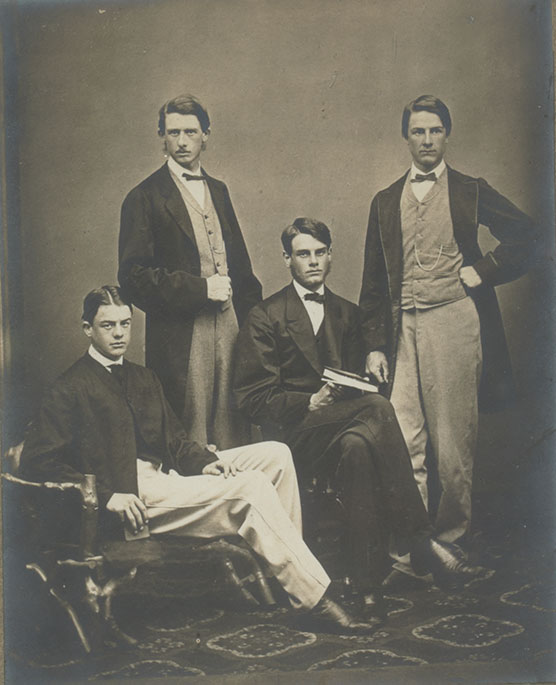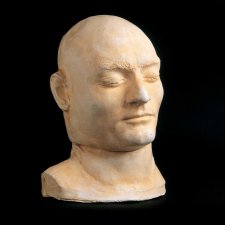Bushranger Ben Hall and his cronies John Gilbert and John Dunn indulged in a bit of a spree early in 1865. They kicked things off during the first week of January by holding around 40 people hostage in the pub at Binda, north-west of Goulburn, reportedly telling their captives ‘don’t be alarmed; we don’t want to rob or injure anyone, we only came here for a bit of fun’.
A few days afterwards, the trio were spotted ‘partaking of sundry nobblers’ at a race meeting near Forbes. Later, they relieved a Yass auctioneer of £100 in cheques and money orders and then bailed up a station near Binalong, helping themselves to food and fresh horses. On 26 January they showed up in Collector, where they ‘took possession’ of Kimberley’s Hotel and where Dunn, without provocation, shot dead the local policeman, Samuel Nelson.
The Goulburn district was accordingly soon swarming with troopers, but this didn’t curb the bushrangers’ depredations for long, and less than a fortnight later the Goulburn Herald related the tale of how four plucky local lads – in contrast to the police – had finally given the reprobates a taste of their own medicine.
Percy, Reginald, Monty and George Faithfull were the sons of William Pitt Faithfull, the owner of a grazing property named Springfield. Hall et al had the misfortune to encounter the four on 6 February 1865, when Monty and Reginald, aged seventeen and fourteen respectively, left Springfield to return to school in Sydney. Percy, aged twenty, and George, eighteen, were accompanying them as far as Goulburn. Not long after their coach reached the main road it was fired at by Hall, Gilbert and Dunn. However, ‘one of the Messrs Faithfull had a single-barrelled rifle, with which he had hoped perhaps to shoot a wild turkey on his way home, and another had a revolver, and they at once returned fire’, engaging the bandits in a short, fierce exchange during which Gilbert managed to shoot dead the stolen racehorse he was riding. The brothers retreated to Springfield unharmed to stock up on ammunition. Having ‘armed themselves thoroughly’ they set out again ‘with the determination of having a fair fight with the bushrangers’, only to find that the latter had seen fit to quit the scene of the action. This result was said by the paper to ‘redound greatly to the credit of the young men... who have set an example to others which it is hoped will be imitated’.
It took more than ten years, however, for the brothers’ efforts to be officially recognised, with the state government taking until 1876 to award them a gold medal for bravery.















